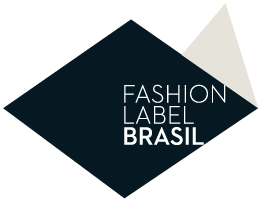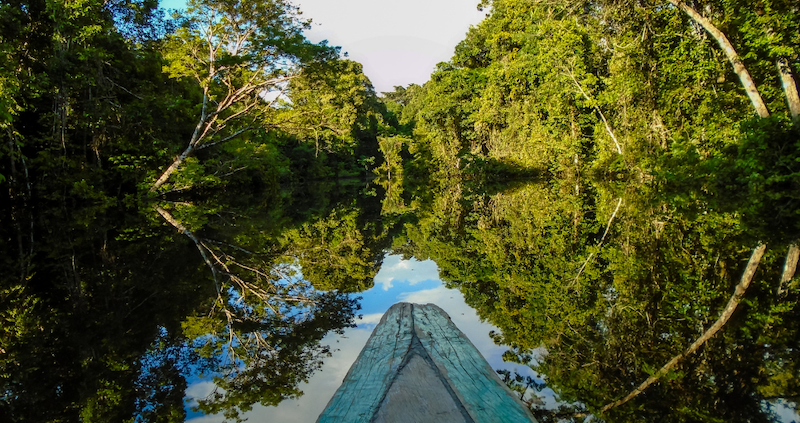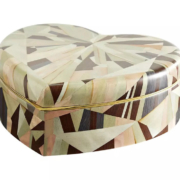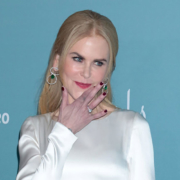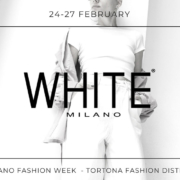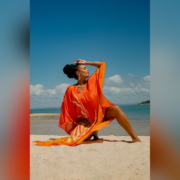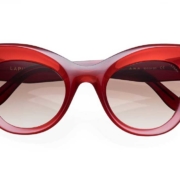BRAZILIAN FASHION IS SUSTAINABLE AND UNIQUE IN ITS PERSONALITY
Amazon and Fashion
To protect the Amazon, one of the most valuable natural assets and the largest natural reserve on the planet, Brazilian brands have developed initiatives that empower coastal communities and use ecological raw material to renew the local flora and fauna. Brazilian fashion is sustainable and unique in its identity.
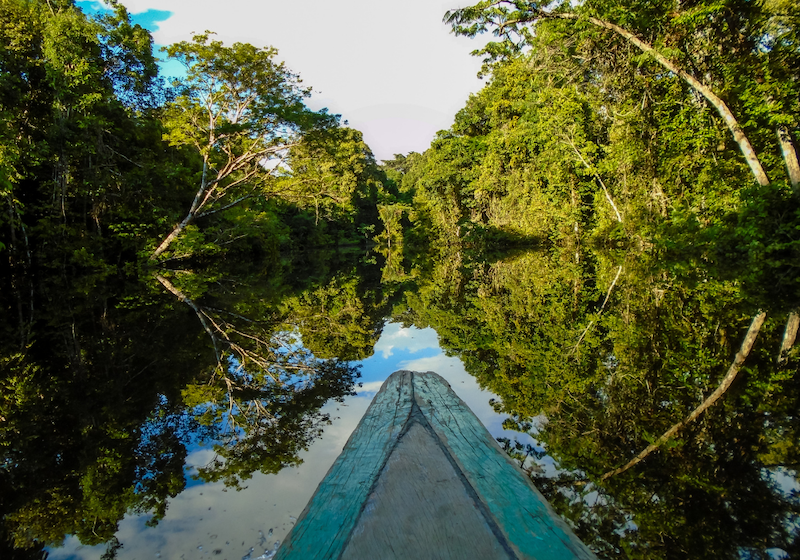
Indeed, we are polluters. The fashion market has great challenges ahead. No wonder, several movements and initiatives are spreading throughout the world. For many brands, it is still no possible to be 100% sustainable. There are many factors to consider for restructuring the entire chain, but it is vital to be aware of the tools and pay attention to the transformations that are already in course.
The future of the industry depends on a more sophisticated outlook to reassess the industry’s goals, adapt management schemes and seek strategies not only to meet customer demands, but also to review work processes and the chain as a whole.
Amazon Made in Brazil
Sustainability is not an option. Now, consumers are seeking transparency and the pandemic has surely accelerated the tendencies that were already underway before the crisis.
“We are aware of the problems and challenges involving our biome, but it is more a question of knowing what tools we need to overcome these issues and the results we must attain. Our job has been geared towards proposing a positive agenda for the sustainable development of the biome. Amazon Day is a day of celebration,” emphasizes Maria Cecília Wey de Brito, general secretary of WWF-Brasil.
September 5th was chosen as the date to promote awareness regarding the need to preserve the world’s largest tropical rainforest.
Osklen, Vert, and the sustainable processes in the Amazon
Osklen, a Brazilian brand committed to sustainability, found a way to consciously use the skin of Pirarucu fish from sustainable farms in the state of Rondônia, in the Amazon, which was previously being discarded and becoming a polluting element.
“Pirarucu is one of the largest freshwater fish on the planet. It is a native species from the Amazon and a vital part of the ecosystem, in addition to being a source of income for riverside communities that live off non-predatory fishing.”
The process implemented by Osklen protects the species, balances the region’s food supply and economy, while also contributing to the preservation of the Amazon Forest.
“When compared to cattle raising, this system emits far less quantities of carbon dioxide and helps reforest the region. Pirarucu breeders can reach 40% more productivity than cattle breeding using the same amount of land.”
Simultaneous actions unite us in the search for solutions
Hub-E and Pre-COP Conferences are held in September 2021, and it is where Oskar Metsavaht, founder of Osklen, presents workshops to inspire, engage and promote a change in mindset when it comes to sustainability.
Hub-E presents the 6E’s concept of Instituto-E: earth, environment, energy, education, empowerment and economics. Learn more.

Vert, a clean urban design footwear brand, features its 100% Brazilian production and raw material, always seeking positive impact, both social and environmental.
Since 2005, the brand has used around 120 tons of organic cotton and 75 tons of wild rubber from the Amazon. During this period, 160 people were given job opportunities in the brand’s cooperatives and over 30 direct jobs were created around the world.
“Vert bets on fair trade as an essential tool for green economy.”
Each pair of sneakers sold generates an average of BRL 1.10 for cotton producers in the Semiarid Northeast and BRL 1.00 for rubber tappers in the state of Acre. As an incentive, Vert pays an additional BRL 2.50 per kilo of cotton, which associations use to improve working conditions.
“We don’t believe in a romantic view of ecology. Our path is economic recovery. At Vert, this involves social work: the rubber tappers and the cotton producers receive a distinctive value for preserving our forests and Brazilian land,” explains François-Ghislain Morillion, co-founder of the brand.
Vert develops shoe soles made from native Amazon rubber, from the Chico Mendes co-op, which in partnership with WWF and the state of Acre’s government, generates income for 90 rubber tapper families who extract the raw material from the heart of the forest.
The process features the Smoked Liquid Sheet (Folha Defumada Líquida – FDL) technology, developed at the University of Brasília by professor Floriano Pastore, that transforms latex into semi-finished rubber sheets, without any intermediate industrial interference, and has a higher resale value.
“For the soles of our sneakers, we buy rubber directly from three rubber tapper associations in the Amazon, paying a differentiated price for latex. This fair pricing values the work of rubber tappers and thus helps combat deforestation.”
Vegan raw material
Transparency is one of the brand’s main commitments and its possible to find information about the chain of production and management, including the stages in which the brand has not yet achieved 100% sustainable solution.
“Our synthetic suede is made in Brazil in a factory that monitors the use of water and chemical products. Even so, synthetic suede is still petroleum-based, and our goal is to find 100% organic alternatives.”
On the brand’s website, they explain the origin of materials used in their production, while also presenting the obstacles and difficulties faced in the process: “CWL is an alternative material to leather we have used since January 2019 in the Camp model. It is of biological origin and composed of corn. Today, it is difficulty to trace the corn production sector, where the large scale ends up hindering the transparency of the bio-plastic industry. We are looking for solutions to accompany the entire organic agricultural waste chain.”
It is also important to point out that Vert Shoes (known abroad as Veja Shoes) is a company undergoing certification by B Corp. “Selo B” is a certification that assesses the company’s global impact, “A global community of leaders who use their businesses to build a more inclusive, equitable and regenerative economic system for people and for the planet.” (Learn more about B Corp Certification). Yes, we are polluters, but changes are already underway, and the fashion industry will not be left behind.
